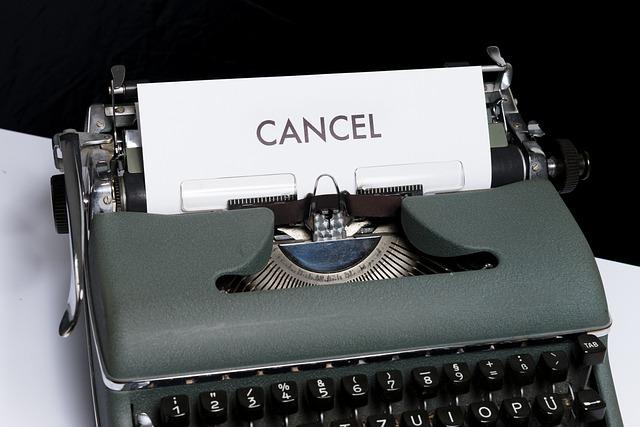EUIPO’s cancellation division decided last week that McDonald’s EU trademark was revoked due to non-use. According to trademark law, if a registered trademark is not used for five years, it can be cancelled for non-use. The reason for this rule is to make sure trademark registers are not clogged with trademarks that are not being used.
So what does the decision mean for McDonald’s and their BIG MAC trademark? In general, not very much. They have over 60 valid BIG MAC trademarks in various European Countries, including one other EU trademark for BIG MAC.
So to be clear, BIG MAC is still McDonald’s registered trademark, now there’s only one less registration. The decision does not mean that other restaurants can now start selling BIG MAC hamburgers, or that McDonald’s has to stop selling them. In addition, it is possible to appeal against the decision, and McDonald’s will surely do that.
For lay persons it is imaginable that BIG MAC trademark is cancelled because it has not been used by McDonald’s. Furthermore, the use threshold is very low, even minimal use is sufficient provided that it is real use.
This is the irony of the case. BIG MAC is probably the most sold hamburger in the world, and it has been revoked for lack of use. When the EUIPO officials went home after work, they probably walked passed at least 5 McDonald’s restaurants selling BIG MAC burgers. And they knew it. It is impossible to live in a modern information society without knowing that BIG MAC name is being used for hamburgers.
If there is any lesson in the decision, it is that trademark matters (like all legal matters) have a lot of formalities. McDonald’s submitted large volume of evidence showing the use of BIG MAC trademark in various countries. They also submitted sworn affidavits that in the relevant five year period more than a billion BIG MAC burgers were sold just in UK, Germany and France, as well as printouts from their website showing the use of BIG MAC trademark.
The key point is that showing use of a trademark in EUIPO or legal proceedings has a lot of formalities that must be fulfilled. Decisions are not taken based on “what everybody knows” but on what has been submitted as evidence in the proceedings. Those officials who made the decision surely knew that BIG MAC trademark is used in the European Union, but that is irrelevant. Their job is only to assess the evidence put forward by McDonald’s.
So what’s the key lesson? It is important to keep good records of trademarks, and periodically save evidence of their use in key markets. Larger companies know that this evidence is often necessary for example when opposing other trademarks or when defending existing registrations. At the same time, organisations are busy with their daily activities and responsibilities. When the need to submit evidence of use arises, it is often a massive disruption for daily duties. Trademark policies often grapple with questions of what kinds of names to adopt, how to clear them for use and how to protect them. The BIG MAC case is an important reminder that what happens after registration is also important. More emphasis and resources should be put on how to maintain registrations, and how to prove use of a trademark when the need arises.



